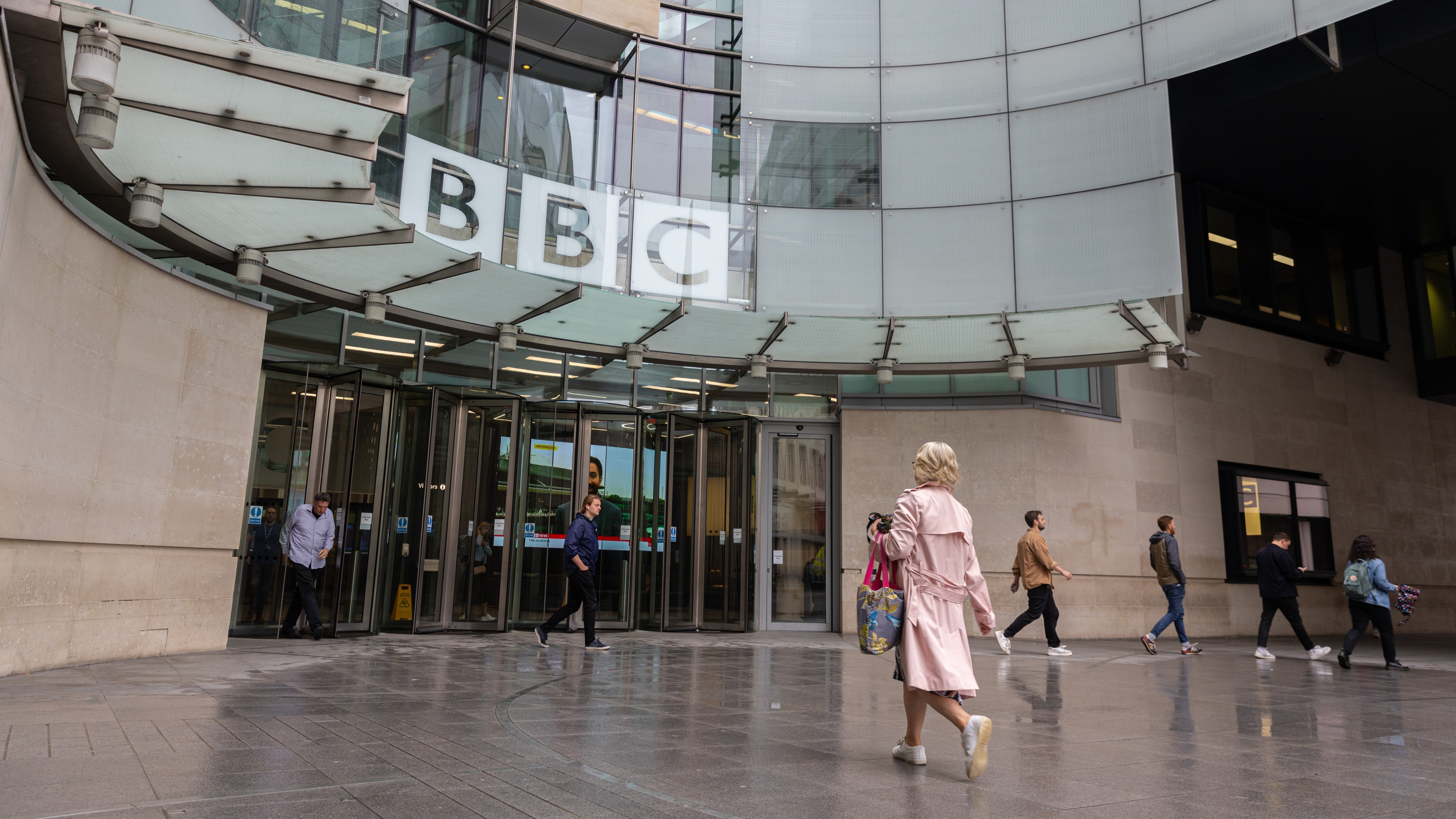The proportion of viewers who tune in to traditional broadcast TV in the UK each week has seen the sharpest ever annual fall from 83% in 2021 to 79% in 2022.
According to regulator Ofcom’s Media Nations 2023 report, BBC One remains the only channel to reach more than half of the viewing population every week.
The average time that viewers spend watching broadcast TV each day is down from 2 hours 59 minutes in 2021, to 2 hours 38 minutes in 2022 (-12%).

For the first time, there is evidence of a significant decline in average daily broadcast TV viewing among ‘core’ older audiences (aged 65+) – a drop of 8% year on year, and down 6% on pre-pandemic levels.
The rise of streaming
Ofcom data suggests that older viewers are diversifying their viewing and becoming more likely to take up streaming services, although household take-up of these services overall appears to be plateauing. The proportion of over-64s subscribing to Disney+, for example, increased from 7% in 2022 to 12% in 2023.
In total, Netflix is the most used streaming platform with 59% of households subscribing, followed by Prime Video on 45% and Disney+ on 25%.
The report reveals another notable shift in the broadcast TV landscape – a steep decline in the number of programmes attracting ‘mass audiences’. The number of programmes with more than four million TV viewers has halved over the past eight years, from 2,490 in 2014, to 1,184 in 2022. Ofcom said that fewer people in particular are watching the main early and late evening TV news bulletins, while there has been a steady decline in viewing figures for the three most popular soaps: Coronation Street, EastEnders and Emmerdale.
In comparison, only 48 programmes averaged more than four million TV viewers on streaming platforms in 2022, with Netflix accounting for the vast majority. High levels of viewing to these services are spread across the tens of thousands of episodes available in their libraries.
Not all doom and gloom
Despite the continuing decline of traditional broadcast TV viewing, BBC One (20%) and ITV1 (13%) are still the top two first destinations for viewers when they turn on their TV, with Netflix coming in third (6%).
The use of broadcasters’ video-on-demand services, such as BBC iPlayer and ITVX, continues to grow. ITVX accounted for 10% of ITV’s total viewing in the first half of 2023, up from 7% across 2022. BBC iPlayer rose from 14% of the BBC’s total viewing to 18% during the same time period.
Public perception of the public service broadcast channels remains positive, with seven in ten viewers (69%) saying they were satisfied with them overall.
Viewers also recognised the contribution of these channels in delivering ‘broadcast events that bring the nation together for a shared viewing experience’ – with sentiment increasing from 61% in 2021 to 65% in 2022.
PSBs’ programmes of this nature dominated the list of most-watched programmes in 2022, with England’s quarter-final in the FIFA World Cup (16.1m viewers), HM Queen Elizabeth II’s state funeral (13.2m viewers), and the Platinum Jubilee (13.2m viewers) holding the top spots.
PSB spend on first-run original programmes totalled £2.9bn in 2022, up 10.3% year on year, and 14.2% greater than in 2019.
However, children and young adults under 25 have collectively decreased their average daily broadcast viewing by 73% since 2012. For the first time, 16-24-year-olds watched less broadcast TV on average than children aged 4-15 (39 minutes per day compared to 41). Evidence suggests they’re tuning in for only one or two programmes per day, mainly for genres such as sport and popular entertainment or reality programming.
Social video platforms remain a major part of youngsters’ daily media habits. In March 2023, 5.2 million 15-24-year-olds visited TikTok, spending an average of 58 minutes per day on the platform. This was followed by Snapchat (52 minutes), YouTube (48 minutes) and Instagram (25 minutes).
‘Snackable’ short-form video content lasting less than 10 minutes is particularly popular. Nearly seven in ten (68%) 15-24s claim to watch short-from videos daily, with YouTube the most popular destination for this kind of content.

Stephen Nuttall unveiled as new Chair of IBC’s Partnership Board
Stephen Nuttall has been appointed as the new Chair of IBC’s Partnership Board. Made up of representatives from each of the six partner organisations which own IBC (IABM, IEEE, IET, RTS, SCTE and SMPTE), the IBC Partnership Board provides the governance and strategic oversight of IBC.

Saleha Williams appointed CEO of IABM
Saleha Williams has been appointed as the Chief Executive Officer (CEO) of IABM.

Comcast sets leadership team for ‘SpinCo’ cable unit
US media and telco giant Comcast has unveiled the leadership team for SpinCo as it prepares to spin off its cable television portfolio later in the year.

Labour exploring ‘alternative funding options’ to BBC licence fee
UK Culture Secretary Lisa Nandy is reportedly considering scrapping the BBC licence fee at the end of the Corporation's current charter in December 2027.

BBC Director-General Tim Davie to head Creative Cities Convention speakers
BBC Director-General Tim Davie has been lined up as one of the key speakers at this year’s Creative Cities Convention, being held from May 7–8 in Bradford as part of its UK City of Culture 2025 celebrations.



